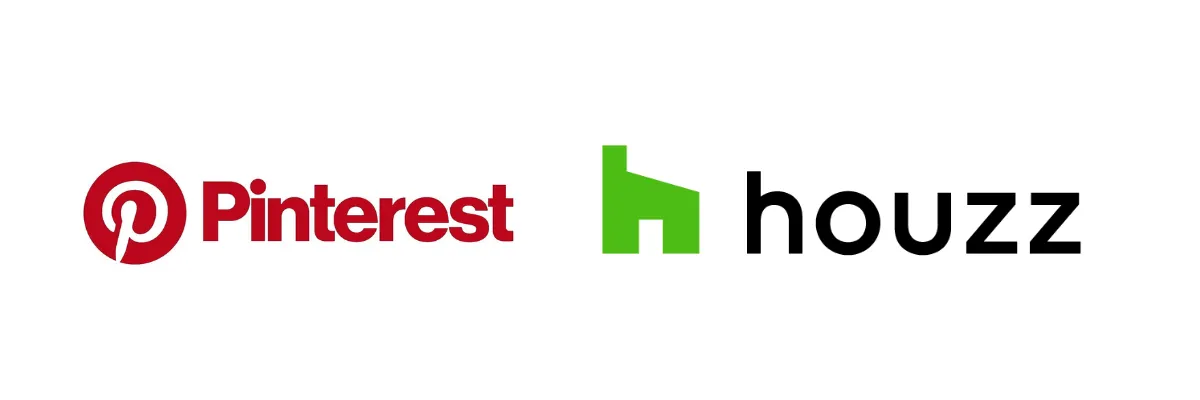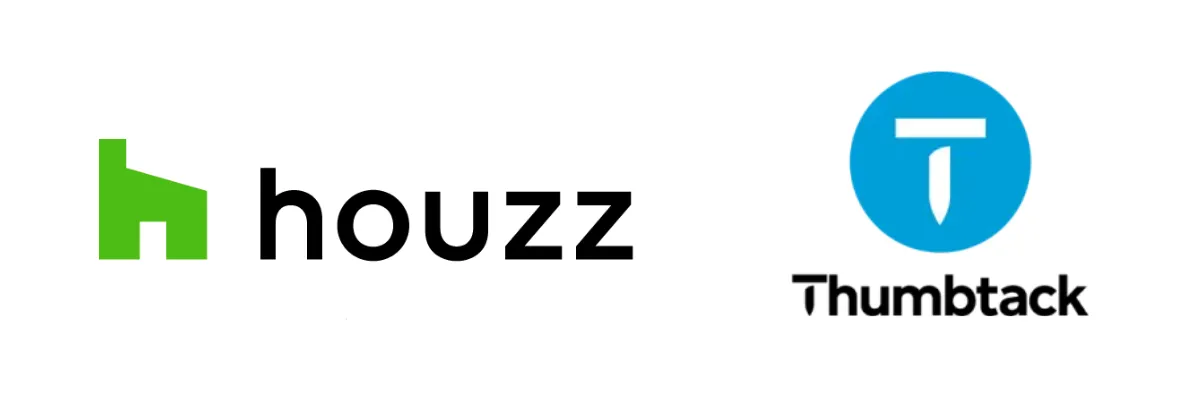How to Run Google Ads for Restoration Services
Google Ads can be one of the most powerful tools for restoration companies looking to generate qualified leads, increase visibility, and stay competitive in a crowded market. From water damage and fire restoration to mold remediation and storm repair, homeowners and businesses often turn to Google first when emergencies happen.
Knowing how to run Google Ads effectively for restoration services can make the difference between wasted ad spend and a steady stream of clients. At 7ten Digital Marketing, we help restoration companies maximize their visibility and generate qualified leads through expertly managed Google Ads campaigns.

Why Google Ads Work for Restoration Companies
Restoration is a time-sensitive industry where customers need immediate help. When someone’s basement floods or a fire damages their home, they don’t wait around. They search online and call the first reputable company they see. Google Ads positions your business at the top of search results at the exact moment customers are looking for help.
Unlike traditional advertising, where you pay to reach a broad audience, Google Ads ensures you only pay when someone clicks your ad, meaning you’re connecting with people already searching for restoration solutions. This makes it highly cost-effective compared to other forms of marketing.
Setting Goals Before Running Google Ads
Before launching a campaign, it’s crucial to define your objectives. Restoration companies usually focus on three main goals:
- Generating leads: Driving phone calls and form submissions from homeowners or businesses in need.
- Increasing local visibility: Making sure your company shows up for searches in your service area.
- Building brand awareness: Ensuring people recognize your company when they see your trucks, ads, or website.
Clear goals will guide how you set up campaigns, choose keywords, and allocate budget.
Choosing the Right Campaign Type
Google Ads offers multiple campaign types, but not all are ideal for restoration. The most effective ones include:
- Search Campaigns: The backbone of restoration advertising. Ads appear when people search for terms like “water damage restoration near me” or “fire damage cleanup.”
- Local Services Ads (LSAs): Pay-per-lead ads that appear above traditional search ads. These are especially effective for restoration companies because they only charge for qualified leads.
- Display Campaigns: Banner ads that appear across Google’s network. While less direct, they help with brand awareness and retargeting past visitors.
- Performance Max Campaigns: These use Google’s AI to run ads across Search, Display, YouTube, and Maps to maximize conversions.
Most restoration companies should prioritize Search and LSAs to capture high-intent leads while supplementing with Display for remarketing.
Keyword Research for Restoration Services
Keywords are the foundation of successful Google Ads. Restoration companies should focus on terms that indicate urgent intent. Examples include:
- Water damage restoration near me
- Emergency flood cleanup
- Mold remediation services
- Fire and smoke damage repair
- Storm damage restoration
Using keyword research tools, restoration companies can identify search volumes and competition levels in their area. Broad terms like “restoration services” may attract clicks, but more specific, high-intent keywords often deliver better ROI.

Crafting Effective Ad Copy
Ad copy needs to be clear, urgent, and trustworthy. In restoration advertising, emphasizing availability and expertise is key. Consider these elements:
- Headline examples:
- “24/7 Water Damage Cleanup”
- “Emergency Fire Restoration – Call Now”
- “Local Mold Removal Experts”
- “24/7 Water Damage Cleanup”
- Description examples:
- “Certified technicians available 24/7. Fast response for water, fire, and mold damage.”
- “Get your property back to normal quickly. Free estimates available.”
- “Certified technicians available 24/7. Fast response for water, fire, and mold damage.”
In addition, using ad extensions—such as call buttons, location links, and site links—can improve visibility and make it easier for customers to contact you.
Geo-Targeting Your Ads
Restoration companies usually serve specific service areas, so targeting the right geography is essential. Google Ads allows you to focus campaigns on certain zip codes, cities, or a radius around your business location. To learn more about geo tagging click here.
For example, a company in Baltimore may target searches within a 30-mile radius while excluding areas too far for rapid response. Narrow targeting prevents wasted clicks from people outside your service area.
Setting the Right Budget
Budgets for restoration campaigns vary based on competition and location. Since restoration keywords can be expensive due to high demand, it’s important to set realistic expectations. Many companies start with $50–$150 per day and adjust based on performance.
The goal is not just to spend money but to spend it efficiently. Tracking cost per lead and return on ad spend (ROAS) will help determine whether the budget is being used effectively.
Tracking Conversions and Leads
A common mistake in running Google Ads is failing to track results. Restoration companies need to know which ads generate phone calls, form submissions, or booked jobs.
Conversion tracking can be set up to measure:
- Calls directly from ads
- Calls from the website after clicking ads
- Contact form completions
- Online booking requests
By tracking leads, you can optimize campaigns and ensure your budget is directed toward strategies that deliver results.
Using Negative Keywords to Save Money
Not every search that includes “restoration” is relevant to your business. Without filters, you may waste money on irrelevant clicks. For example, terms like “car restoration” or “DIY water cleanup” aren’t valuable for a professional service.
Negative keywords prevent your ads from showing up for irrelevant searches, saving money and improving lead quality.
Optimizing Landing Pages
Sending ad traffic to your homepage often isn’t enough. Dedicated landing pages tailored to specific services tend to convert better.
A strong landing page should include:
- A clear headline describing the service
- Emergency contact information (preferably with a click-to-call button)
- Trust signals such as certifications, reviews, or insurance partners
- A simple contact form
This combination increases the chances of converting clicks into calls or form submissions.
Monitoring and Adjusting Campaigns
Google Ads isn’t a “set it and forget it” platform. To succeed, restoration companies need to monitor campaigns regularly. This includes:
- Reviewing search terms reports to find new keywords or negative keywords
- Adjusting bids based on performance
- Testing new ad copy and landing page designs
- Pausing underperforming ads to reallocate budget
Even small adjustments can lead to significant improvements in lead generation and cost efficiency.
Partnering with an Experienced Marketing Agency
At 7ten, we specialize in helping restoration companies generate consistent leads through customized Google Ads strategies. From keyword research to ad copywriting and conversion tracking, our team ensures every dollar spent delivers measurable results.

Get Started With 7ten
Running Google Ads for restoration services requires a balance of strategy, precision, and ongoing optimization. By focusing on high-intent keywords, writing compelling ad copy, targeting the right areas, and tracking conversions, restoration companies can consistently generate qualified leads.
For companies that want to stay competitive and ensure their campaigns deliver the best return, partnering with professionals like 7ten Digital Marketing can make all the difference. With the right strategy, Google Ads becomes not just an expense but a revenue-generating tool that keeps your restoration business growing. Contact us today to get started with your ad campaign!
Related Posts

Houzz vs Pinterest: Which Platform Is Better for Your Business
Learn More
Houzz vs Thumbtack: Which Platform Is Better for Marketing Services?
Learn More
